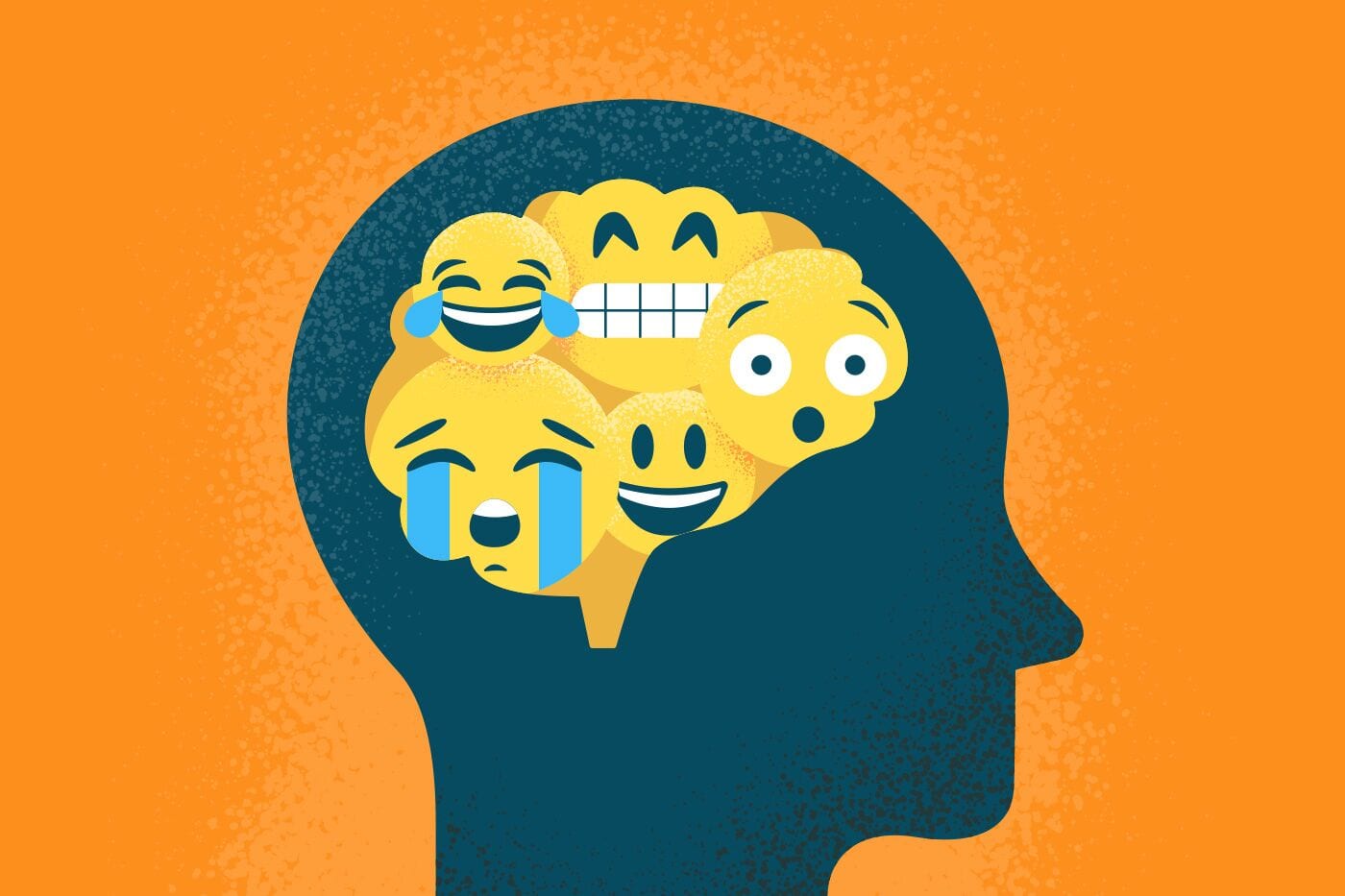 "Emotional intelligence is the key to both personal and professional success." — Daniel Goleman.
"Emotional intelligence is the key to both personal and professional success." — Daniel Goleman.
Emotions are the invisible drivers of our lives. They shape how we think, act, and connect with others. Emotional intelligence (EQ) is the skill that helps you navigate this complex terrain. It’s about understanding and managing your own emotions while also empathizing with others. In a world where success often depends on collaboration and connection, EQ is a superpower.
WHAT IS EMOTIONAL INTELLIGENCE?
Emotional intelligence is your ability to recognize, understand, and manage emotions—both your own and others’. It’s not about suppressing feelings but rather using them as tools to enhance decision-making, communication, and relationships.
Psychologist Daniel Goleman, a pioneer in EQ research, breaks it down into five key components:
• Self-awareness: Understanding your own emotions and their impact on your thoughts and behavior.
• Self-regulation: Managing your emotions in healthy ways and responding thoughtfully instead of impulsively.
• Motivation: Harnessing emotions to pursue goals and maintain resilience.
• Empathy: Understanding and sharing the feelings of others.
• Social skills: Building strong relationships and navigating social dynamics effectively.
SELF-AWARENESS: KNOWING YOUR INNER WORLD
“Knowing yourself is the beginning of all wisdom.” — Aristotle, on the power of self-awareness.
Self-awareness is the foundation of EQ. It’s about being honest with yourself, recognizing your triggers, and understanding how your emotions influence your behavior.
Imagine catching yourself feeling frustrated during a meeting. Instead of reacting, self-awareness allows you to pause and reflect: “Why am I upset? Is it because I feel unheard, or is there something deeper at play?”
Reflection Exercise: Emotional Check-In
• Pause three times a day to ask yourself: “What am I feeling right now, and why?”
• Notice patterns in your emotions. Are certain situations or people consistently triggering specific feelings?
• Write down your observations to build a deeper understanding of your emotional landscape.
SELF-REGULATION: THE POWER OF THE PAUSE
 “Between stimulus and response, there is a space. In that space lies our power to choose our response.” — Viktor Frankl, a reminder of our ability to respond rather than react.
“Between stimulus and response, there is a space. In that space lies our power to choose our response.” — Viktor Frankl, a reminder of our ability to respond rather than react.
Self-regulation is the ability to pause and choose your response instead of letting emotions dictate your actions. It’s what helps you stay calm in a heated argument or resist the urge to send a hasty email you’ll later regret.
Practice: The Three-Second Rule
• When you feel an emotional reaction bubbling up, pause for three seconds.
• Use this time to ask yourself: “What outcome do I want in this situation?”
• Respond in a way that aligns with your goals rather than letting your emotions take control.
MOTIVATION: EMOTIONS AS FUEL
“What lies behind us and what lies before us are tiny matters compared to what lies within us.” — Ralph Waldo Emerson, highlighting the power of intrinsic motivation.
Motivation is the emotional energy that drives you toward your goals. It’s about using your emotions—both positive and negative—as fuel to stay focused and resilient.
For example, frustration with a lack of progress can push you to rethink your strategy, while excitement about a dream can keep you moving forward even when challenges arise.
![]() Action Step: Find Your Emotional Why
Action Step: Find Your Emotional Why
• Reflect on a goal you’re pursuing. What emotions drive you toward it?
• How can you use those emotions to stay motivated when obstacles arise?
• Create a mantra that reflects your emotional why, such as: “I’m doing this to create a better future for myself and my family.”
EMPATHY: CONNECTING WITH OTHERS
“Empathy is about finding echoes of another person in yourself.” — Mohsin Hamid, on the universal language of connection.
Empathy is the ability to step into someone else’s shoes and understand their feelings and perspective. It’s what allows you to truly listen and respond with compassion, even when you don’t agree.
Practice: Active Listening
• When someone is speaking, focus entirely on them—avoid interrupting or planning your response.
• Reflect their emotions by saying, “It sounds like you’re feeling…”
• Validate their experience without judgment, even if you don’t fully understand it.
SOCIAL SKILLS: THE ART OF CONNECTION
“People will forget what you said, people will forget what you did, but people will never forget how you made them feel.” — Maya Angelou, on the importance of emotional impact.
Strong social skills are the outward expression of emotional intelligence. They’re about building trust, resolving conflicts, and fostering collaboration. Whether you’re networking, leading a team, or comforting a friend, your social skills shape how others perceive you.
Tips for Building Social Skills
• Make eye contact and smile to convey warmth and openness.
• Practice the art of small talk to break the ice in social situations.
• Show appreciation regularly by acknowledging others’ contributions or qualities.
CONCLUSION: HARNESSING THE POWER OF EQ
Emotional intelligence is a skill that can transform every area of your life, from personal relationships to professional success. By cultivating self-awareness, self-regulation, motivation, empathy, and social skills, you gain the tools to navigate life with resilience, compassion, and confidence.
Excerpt from the book: R.V. LaCroix: Self-Mastery: Unlocking Your True Potential
